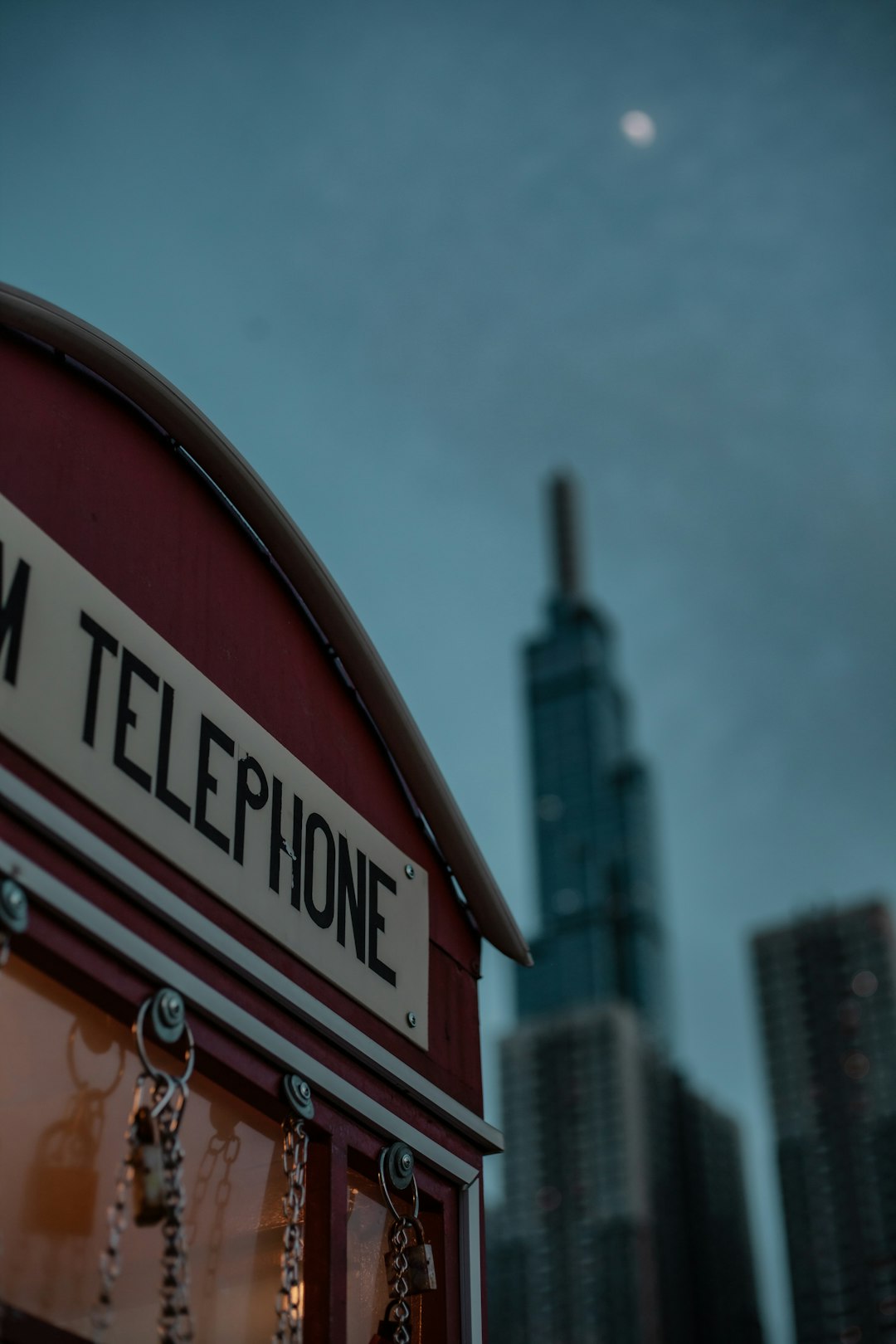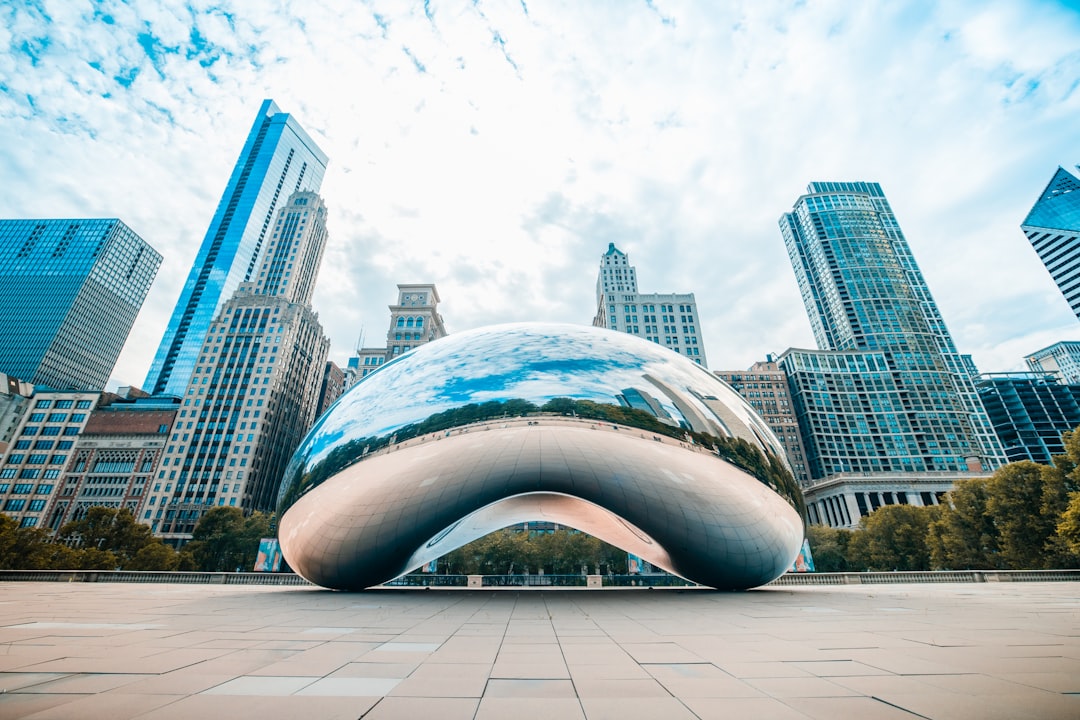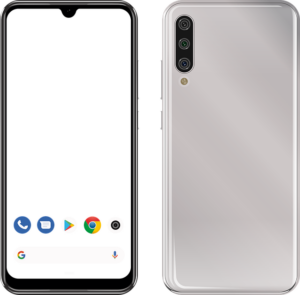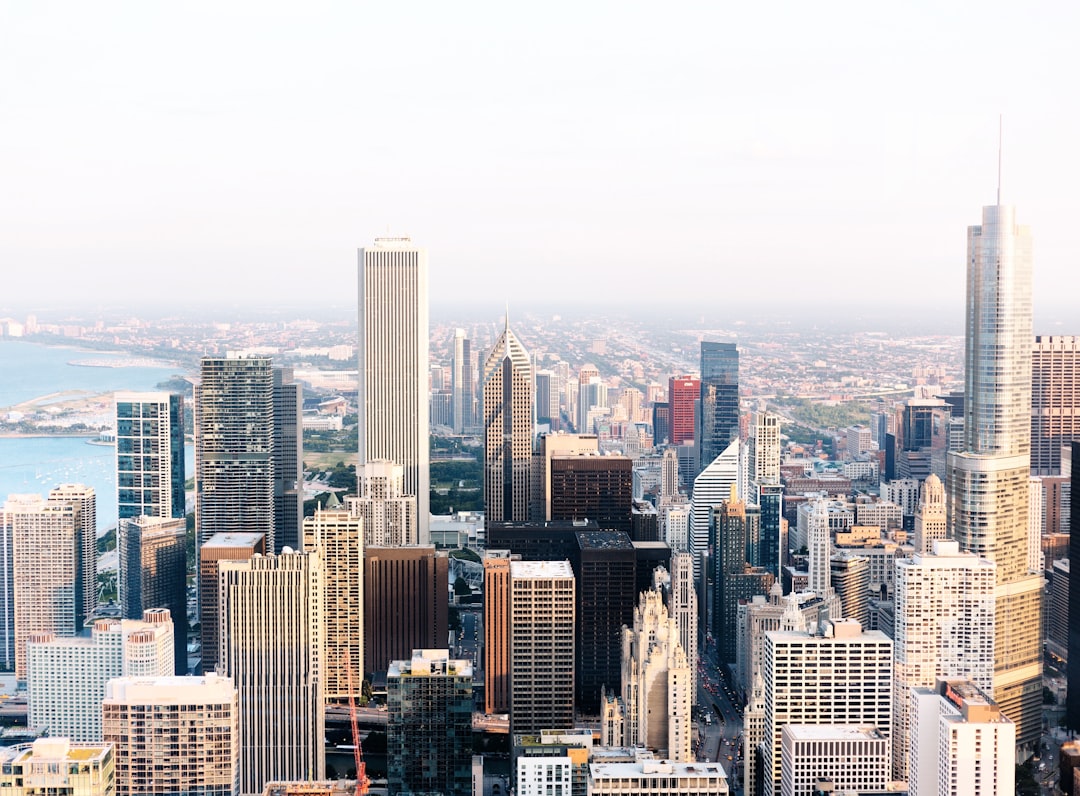Robocalls, while convenient for businesses, have become a significant problem in urban areas like Chicago due to their association with telemarketing and fraud. The ease of automated calling systems has led to an increase in illegal robocall campaigns targeting residents. This issue negatively impacts customer service quality by lacking human empathy and causing call center delays. Robocall Lawyer Chicago specializes in navigating the legal complexities of the Telephone Consumer Protection Act (TCPA), helping businesses comply with restrictions on automated dialing systems and prerecorded messages. By combining technological advancements, staff training, and legal oversight, businesses can enhance customer service and reduce the impact of robocalls, fostering public trust and a robust, ethical customer service environment.
In today’s digital age, Chicago, like many urban centers, faces a growing challenge from robocalls. This article delves into the multifaceted impact of automated phone calls on the city’s customer service landscape. From understanding the prevalence and negative effects to exploring legal aspects with a focus on Robocall Lawyer Chicago, we discuss strategies to combat this issue and enhance customer experiences. Additionally, we gaze into the future of customer service, highlighting adaptations needed to mitigate robocalls.
Understanding Robocalls and Their Prevalence in Chicago

Robocalls, automated telephone calls that deliver pre-recorded messages, have become a ubiquitous part of modern communication, especially in urban centers like Chicago. While they can offer convenience for businesses reaching out to customers, their prevalence has raised significant concerns among residents and consumer protection advocates alike. In Chicago, as in many cities across the country, robocalls are often associated with telemarketing or fraudulent activities, leading many consumers to feel irritated and even scared by these unexpected calls.
The ease of automated calling systems has prompted an increase in illegal or deceptive robocall campaigns, making it easier for unscrupulous entities to target Chicago residents. This has led to a surge in the demand for legal aid, with many turning to Robocall Lawyer Chicago for assistance in dealing with unwanted and often fraudulent calls. Understanding the extent of this issue is crucial in combating the negative impact on customer service quality and ensuring that Chicago’s consumers are protected from these intrusive and potentially harmful practices.
The Negative Effects of Robocalls on Customer Service

Robocalls, while often used for marketing purposes, can significantly harm customer service quality in Chicago and across the nation. The automated nature of these calls lacks human empathy, making it difficult to address complex customer issues or provide personalized assistance. Customers who experience frustration due to robotic interactions are less likely to receive the level of care needed, leading to decreased satisfaction and loyalty.
Moreover, high volumes of robocalls can inundate call centers, causing delays in response times and increasing wait times for genuine customers. This not only exacerbates customer frustration but also strains the resources of service representatives, who must navigate a mix of automated calls and real customer inquiries. For businesses and consumers alike, this shift towards robocalls represents a challenge to maintaining healthy relationships built on effective communication and personalized service, which is where a Robocall Lawyer Chicago can offer insights and legal guidance in navigating these issues.
Legal Aspects: What Every Robocall Lawyer in Chicago Needs to Know

In Chicago, as across the nation, robocalls are a ubiquitous part of modern communication. However, their prevalence has led to significant legal considerations for businesses and consumers alike. Robocall lawyers in Chicago play a crucial role in navigating this complex landscape. They must be well-versed in the Telephone Consumer Protection Act (TCPA), which restricts the use of automated dialing systems and prerecorded messages without prior express consent from recipients. Violations can result in substantial fines, making expert legal guidance essential for businesses aiming to avoid legal pitfalls.
These attorneys also assist clients in understanding do-not-call lists and the procedures for obtaining proper consumer consent. With the ever-evolving nature of robocall technology and legislation, staying informed about these details is vital for maintaining compliance and ensuring customer service quality. Robocall lawyers in Chicago help businesses strike a balance between effective marketing strategies and legal obligations, thereby fostering trust with their clients and the broader public.
Strategies to Combat Robocalls and Enhance Customer Experience

To combat robocalls and enhance customer service quality in Chicago, businesses can implement several effective strategies. Firstly, investing in advanced call filtering and blocking technologies can significantly reduce the number of automated calls received. These tools can identify and automatically reject or redirect robocalls, ensuring that human agents only engage with legitimate customers. Additionally, training call center staff to handle robocalls adeptly is crucial. Agents should be equipped with scripts and guidelines to navigate these interactions, offering alternatives like text messages or in-app communication channels for a more personalized experience.
Another strategy involves partnering with reputable robocall lawyer Chicago firms to enforce consumer protection laws. These legal experts can help establish robust call practices that respect customer privacy and preferences. By combining technological advancements, staff training, and legal oversight, Chicago businesses can dramatically improve their customer service quality while mitigating the negative impact of robocalls.
The Future of Customer Service: Adapting to Reduce Robocalls

The future of customer service is evolving, and the rise of robocalls has forced businesses to adapt and find innovative solutions to enhance their interactions with clients. As technology advances, so do consumer expectations regarding personalized and efficient service. Many traditional call centers are transitioning to more advanced systems that utilize artificial intelligence (AI) and machine learning algorithms to improve customer experiences.
By implementing these technologies, companies can better predict and cater to client needs, reducing the reliance on automated robocall systems. This shift not only improves customer satisfaction but also provides valuable insights into consumer behavior. A Robocall Lawyer Chicago can play a pivotal role in advising businesses on legal strategies to combat robocalls and ensuring compliance with privacy laws, ultimately contributing to a more robust and ethical customer service environment.






